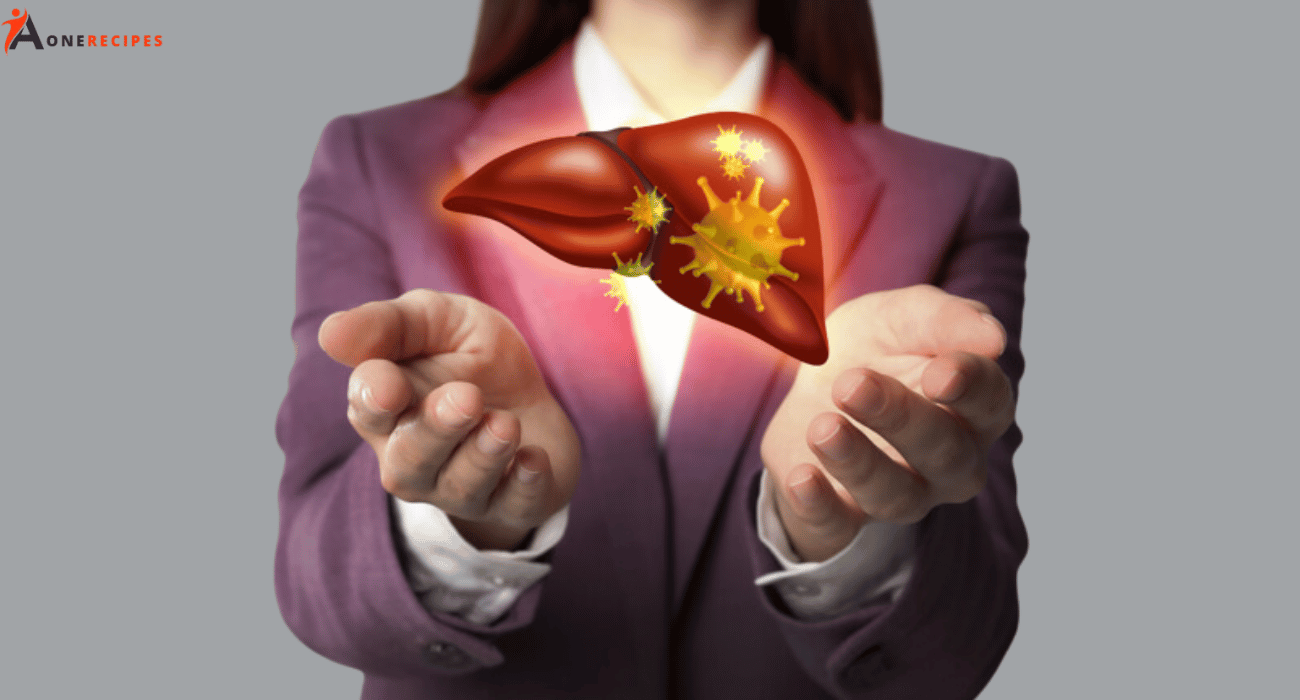Vitamin B12: Importance, Symptoms of Deficiency, and Treatment
The body requires vitamin B12 to produce red blood cells, making anemia one of the most common signs of its deficiency. But how does a lack of vitamin B12 affect the nervous system? And what are the psychological symptoms linked to its deficiency? Let’s explore the answers below.
The Role of Vitamin B12 in the Body
Vitamin B12 plays a vital role in maintaining overall health. It contributes to the production of red blood cells and the synthesis of DNA. However, since the body cannot produce this vitamin on its own, it must be obtained through diet or supplements. So, what happens when the body doesn’t get enough vitamin B12?
Effects of Vitamin B12 Deficiency on the Nervous System
A mild deficiency in vitamin B12 may not cause noticeable symptoms, but prolonged and untreated deficiency can lead to:
- Numbness and Tingling in Hands and Feet
Vitamin B12 is essential for producing myelin, a protective covering for nerves that ensures efficient signal transmission. A deficiency can damage peripheral nerves, causing sensations like tingling or “pins and needles.” - Difficulty Walking
Severe vitamin B12 deficiency can result in nerve damage that impairs movement. Intense numbness in the feet can make walking difficult without assistance. Muscle weakness and balance issues may also contribute to mobility challenges. - Memory Impairment
A deficiency in vitamin B12 has been associated with memory problems and an increased risk of conditions such as dementia, Alzheimer’s disease, and Parkinson’s disease. - Other Neurological Symptoms
Additional signs of nervous system damage from a vitamin B12 deficiency may include:- Difficulty concentrating.
- Headaches.
- Depression and irritability.
- Insomnia and sleep disturbances.
- Hallucinations or delusions in severe cases.
- Rarely, damage to the optic nerve.
Other Symptoms of Vitamin B12 Deficiency
Beyond neurological symptoms, vitamin B12 deficiency can present with:
- Pale or jaundiced skin.
- Persistent fatigue.
- Rapid heart rate and shortness of breath due to anemia.
- Mouth ulcers or burning sensations.
- Swollen tongue.
- Nausea, vomiting, or diarrhea.
- Loss of appetite and weight loss.
- Feeling cold constantly.
Symptoms in Men vs. Women
- In Men: Vitamin B12 deficiency may cause erectile dysfunction due to elevated homocysteine levels.
- In Women: It can disrupt ovulation, especially in cases of severe anemia, potentially delaying conception.
Diagnosing Vitamin B12 Deficiency
Doctors typically diagnose this condition by testing vitamin B12 levels in the blood, with results interpreted as follows:
- Below 200 pg/mL: Deficiency.
- 200–300 pg/mL: Low but not critical.
- 300–900 pg/mL: Normal range.
- Above 900 pg/mL: Elevated levels.
Additional tests, such as a complete blood count, may be conducted to confirm anemia caused by a vitamin B12 deficiency.
Treating Vitamin B12 Deficiency
Treatment depends on the underlying cause and severity of symptoms. It often involves:
- Vitamin B12 supplements in tablet or injection form.
- Including vitamin B12-rich foods in the diet, such as:
- Beef liver.
- Red meat.
- Poultry.
- Fish, especially salmon and tuna.
- Eggs.
- Dairy products like cheese and yogurt.
Frequently Asked Questions
- Does Vitamin B12 Deficiency Cause Bone Pain?
Yes, it may lead to joint pain, and studies suggest that low B12 levels can weaken bones and increase the risk of osteoporosis. - Is Vitamin B12 Deficiency Dangerous?
Not inherently, but untreated cases can lead to complications like:- Peripheral neuropathy.
- Ataxia, causing balance and speech difficulties.
- Temporary infertility.
- Pregnancy complications, such as neural tube defects in the fetus.
- What Causes Vitamin B12 Deficiency?
Common causes include:- Poor dietary intake, particularly in vegetarians.
- Intestinal surgeries like bariatric procedures.
- Gastrointestinal conditions, such as Crohn’s disease.
- Alcohol consumption.
- Autoimmune disorders, such as pernicious anemia.
- Certain medications like metformin.
- Can Vitamin B12 Deficiency Be Cured?
Yes, most cases are treatable. Recovery typically takes about 6–12 months with proper intervention.
Summary
Vitamin B12 deficiency can result in neurological symptoms such as tingling, difficulty walking, memory problems, and concentration issues, in addition to general symptoms like fatigue, pale skin, and rapid heart rate. Symptoms may vary slightly between men and women, but the condition is manageable if diagnosed early and treated promptly.



